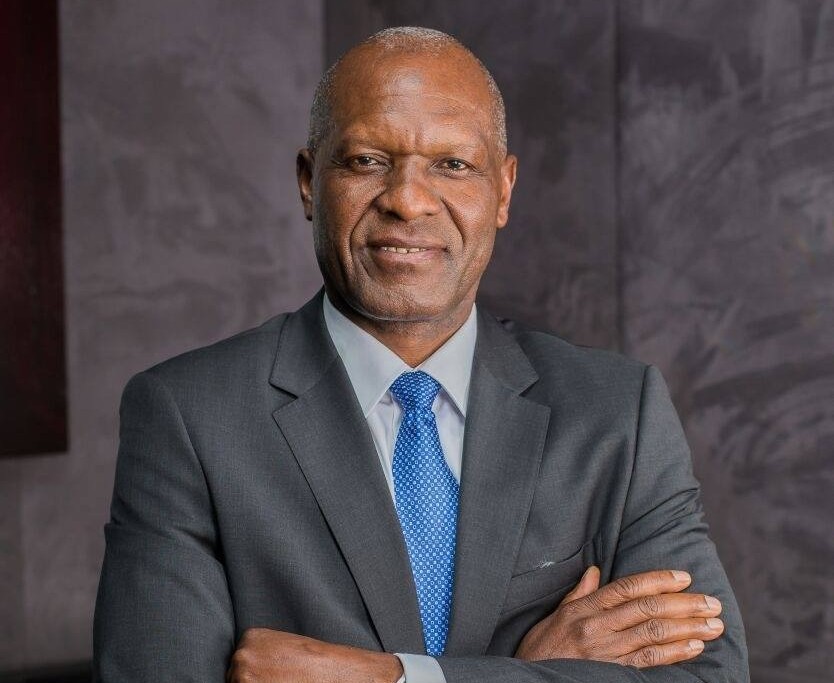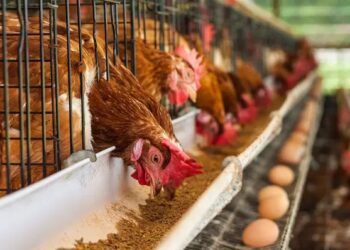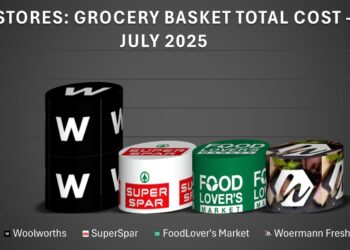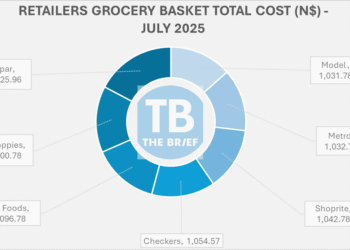
By Tom K. Alweendo
A Hollow Victory in Disguise
Namibia’s recent reclassification from an upper-middle-income country to a lower- middle-income country by the World Bank has been met with conflicting reactions. On one hand, some policymakers and commentators see this as a strategic advantage. They argue that the new status unlocks concessional loans, development grants, and preferential trade arrangements. But this line of reasoning, while superficially pragmatic, misses the broader economic picture.
Far from being an opportunity to celebrate, this downgrade reflects a structural weakening of the economy and presents significant risks to Namibia’s long-term ambition of becoming an industrialized nation. Industrialization demands resilience, capital formation, and confidence, and not concessions born from stagnation.
The Downgrade Reflects a Shrinking Pie
At the heart of the classification is a sobering fact: our per capita gross national income (GNI) has declined. This is not just a statistical recalibration, but it signals that the average Namibian is getting poorer in real terms.
For a country aspiring to industrialize, this regression undermines the very foundation of sustained growth. A shrinking economy implies weakening aggregate demand, lower savings rates, and diminished domestic investment; precisely the opposite of what is needed to nurture an industrial base.
Dependence on Aid Is a Policy Trap
The idea that access to more aid and cheaper loans is inherently good ignores the historical evidence that aid dependency often leads to distorted incentives and policy complacency. Concessional finance tends to come with external conditionalities, donor-driven priorities, and short-term targets that may be misaligned with national development agendas.
Instead of cultivating a robust ecosystem of innovation, manufacturing, and export competitiveness, we risk falling into a cycle of dependency where fiscal sustainability hinges not on productive capacity but on the goodwill of external financiers. This is not a recipe for industrial transformation, but a development detour.
Industrialization Requires Investment, Not Sympathy
If industrial policy is to succeed, it requires sustained and strategic investment in infrastructure, technology, education, and domestic value chains. These are not areas where donor support alone can suffice, especially given the fickle nature of global aid flows and the growing competition for concessional resources among developing nations.
Namibia’s downgrade is also a red flag to investors. Lower-middle-income status signals fragility, which can discourage private capital and reduce the country’s ability to attract foreign direct investment. This loss of investor confidence could prove far more costly than any short-term benefit from aid eligibility.
The Psychological Toll: Perception Shapes Policy
There is also a psychological and reputational dimension. Income classifications are benchmarks used not just by development banks, but also by ratings agencies, trade partners, and investors. Sliding down the income ladder undermines Namibia’s credibility as a rising economy and weakens its bargaining power on the international stage.
Moreover, framing the downgrade as a positive development sends the wrong message domestically. It risks normalizing underperformance and diluting the sense of urgency needed to correct structural imbalances in the economy. Ambitious countries do not celebrate reclassification — they respond with reform.
Conclusion: Time for Introspection, Not Indulgence
Namibia’s path to industrialization must be paved with productivity, competitiveness, and economic complexity — not grants and preferential treatment. The reclassification should be a wake-up call, not a windfall. It should prompt a renewed focus on structural reform, export diversification, regional integration, and human capital development.
Industrialization has no shortcuts. Rather than embrace the downgrade, we must confront it, and recommit to the hard road ahead. Only then can we transform this moment of regression into a turning point for true economic renewal.
By confronting uncomfortable truths rather than clinging to convenient illusions, Namibia can chart a more dignified and self-reliant path to prosperity.
* Tom K. Alweendo is former Minister of Mines and Energy and Founder of Alvenco Advisory.











